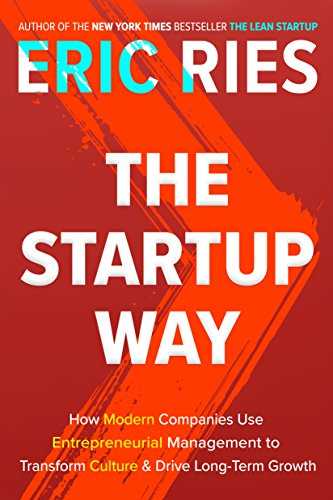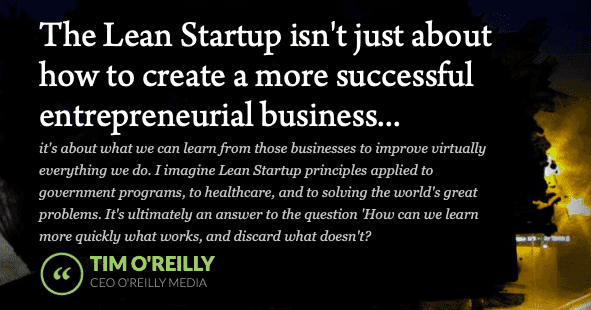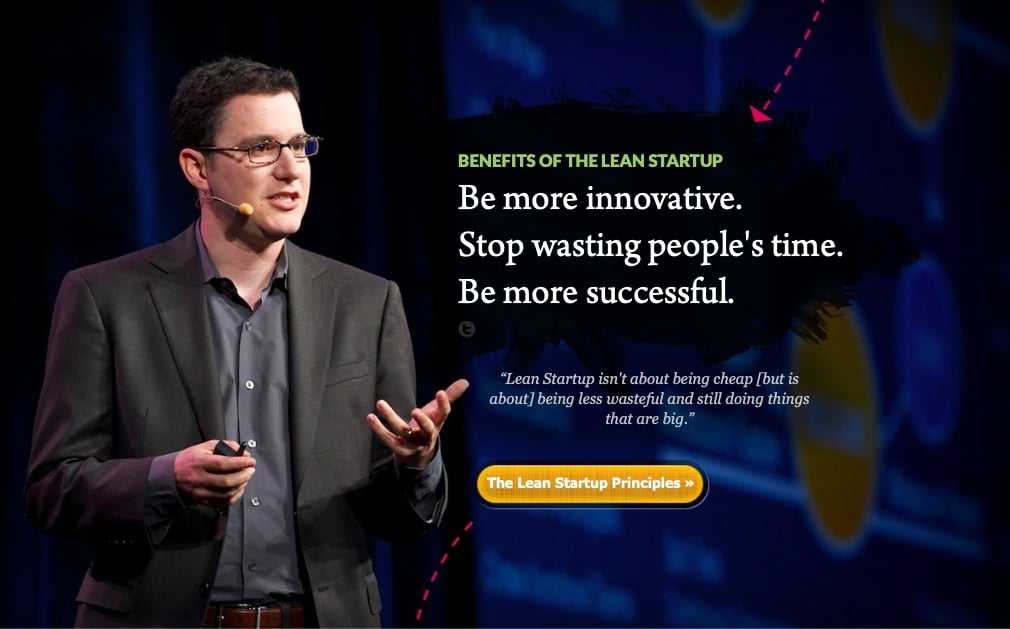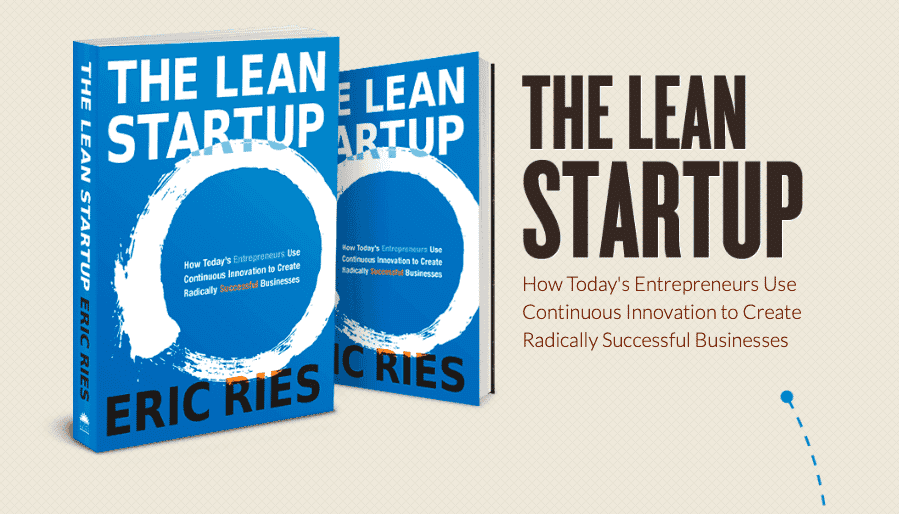COVID-19 Response The Startup Way: First Aid for Entrepreneurs
By Laura Cowan
Laura K. Cowan is a tech, business, and wellness journalist and fantasy author whose work has focused on promoting sustainability initiatives and helping individuals find a sense of connection with the natural world.
This is a guest post from ITHAKA Scrum Master Tom Bellinson, whose work has focused on scrum and project management for a variety of organizations from tech companies to the University of Michigan Medical School. His full bio is below. The opinions and statements in this article are the sole responsibility of Mr. Bellinson and do not necessarily reflect the opinions or positions of ITHAKA or Cronicle Press.
If you would like to write a guest post for Cronicle Press, please email the editor. We are looking for guest posts in tech industry thought leadership, entrepreneurship and startup culture, and book and media reviews of tech-related content.
Ideas For Tough Times From The Startup Way
In 2011, Eric Ries rocked the business world when he published The Lean Startup. His ideas about how to bring discovery of customer behavior to the forefront of everything was a revelation for millions. Since that time, Eric has himself been on a journey of discovery. He has learned that his ideas are valuable to organizations of all sizes and in different ways than even he first imagined.
During the ensuing six years, Eric worked with companies large and small to implement the ideas that he and his team developed. The culmination of that work was delivered in 2017 to the rest of us in the form of a book entitled The Startup Way.
If it’s three years old, why am I reviewing it now? Because the timing to review the book couldn’t be better since The Startup Way outlines a strategy for dealing with times like this. Most businesses either rely on foot traffic or rely on other businesses that rely on foot traffic. Since foot traffic isn’t or at least shouldn’t be happening right now, all of these businesses (probably yours) need to adapt. The best way to do this is in a methodical manner which anticipates the inherent uncertainty associated with change.
Ries has demonstrated that companies which make innovation and adaptation part of their internal processes can pivot quickly and evolve in the right direction or pivot again in the most efficient way possible. This is done by developing a hypothesis and finding the quickest and most inexpensive way to validate it with real customers.
Tough Times For Startups
Maybe you are one of the many entrepreneurs that finds your market has been disrupted by the COVID-19 pandemic. This disruption could be because:
- You relied on foot traffic that is no longer there
- You relied on customers that relied on foot traffic
- You relied on products or services that are no longer needed
- You relied on products or services that are no longer available to you
The good news is, you have assets that can’t be taken away:
- Equipment and/or systems
- Knowledge of your specialty
- Understanding of your traditional customers & markets
- Some reputation in the marketplace
- People and other relationships/resources
Pandemics take certain market opportunities off the table, but at the same time, they create new opportunities that would not otherwise exist. They also have the potential to alter social behavior forever. One of the best examples of this may be video conferencing. This is a technology that’s been around for years and available for free on your phone. Yet, many (if not most) people still used their phones for voice-only communication. Since the beginning of the pandemic, video conferencing services have seen their usage jump 700% to 1000%. This creates opportunities not only for these services, but for other companies to access customers that are now familiar with and comfortable using the technology. This is likely to never change. It’s the new normal.
Create a Vision
Ries talks about creating a vision. This requires you to look at your assets and imagine how you might use them to tap into our current reality. There is no question that some creativity is required here. The Startup Way encourages us to engage everyone in our organization to help create this vision because entrepreneurs can be found anywhere and we need to make space for them to flourish. If you have the capacity, you may find that multiple people in your organization have ideas for a new vision. If you like those visions, you can help them find ways to validate them quickly and inexpensively.
Visions are an actual image of a possible future. These could be presented in the form of an illustration or a story, but in either case, a good vision creates a picture in the minds of others as to what that future might be like. The more rich the details of that image, the easier it will be to share and test.
Create a Testable Hypothesis
With vision in hand, the next thing to do is to create a hypothesis that you can test. If your vision is a totally online “School of Rock,” then the first thing to do is to determine what the fundamental building block of that vision might be. Let’s say that it is that people can learn to play a musical instrument using available tools. So, this becomes your first hypothesis to test.
Experiment #1 might be to find one student and use your existing assets (teaching ability, computer, musical equipment, and Internet connection) along with other necessary assets to see if the student can learn. You may need to acquire additional assets, like video conferencing software, but you should find the quickest and cheapest way to make that happen. Don’t worry now if it is the best. Remember, speed and budget are the quickest way to learning, which is the goal here (i.e. testing your hypothesis).
Each experiment leads to new learnings based on what worked and what didn’t. Continue additional experiments by tweaking the hypothesis and finding a way to test the new one. If at some point you find that there’s no way forward, you can pivot. Pivoting means finding a completely different way to fulfill the vision. Only after all pathways to the vision are blocked do you abandon the vision.
Experiment with Speed
Hopefully, these ideas will inspire you to read the book and learn more about this approach. Eric Ries has ideas for reforming your entire organization no matter how small or large. The underlying message is to be clear about where you are aiming and to conduct rapid experiments that either validate or invalidate your testable hypotheses.
Armed with these tools, you can hopefully take lemons and make lemonade. Good luck creating your new future!
Tom Bellinson has been working in information technology positions for 40 years. His diverse background has allowed him to gain intimate working knowledge in technical, marketing, sales and executive roles. He currently serves as a Scrum Master at ITHAKA, best known for JSTOR, a globally recognized online academic research system. Bellinson holds a degree in Communications with a Minor in Management from Oakland University in Rochester, MI, and has held a variety of technical certifications including APICS, CPIM, and CSCP.
covid 19 business pivots, eric ries, startup book review, tech book review, the startup way, tom bellinson





